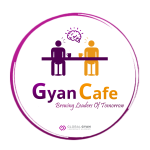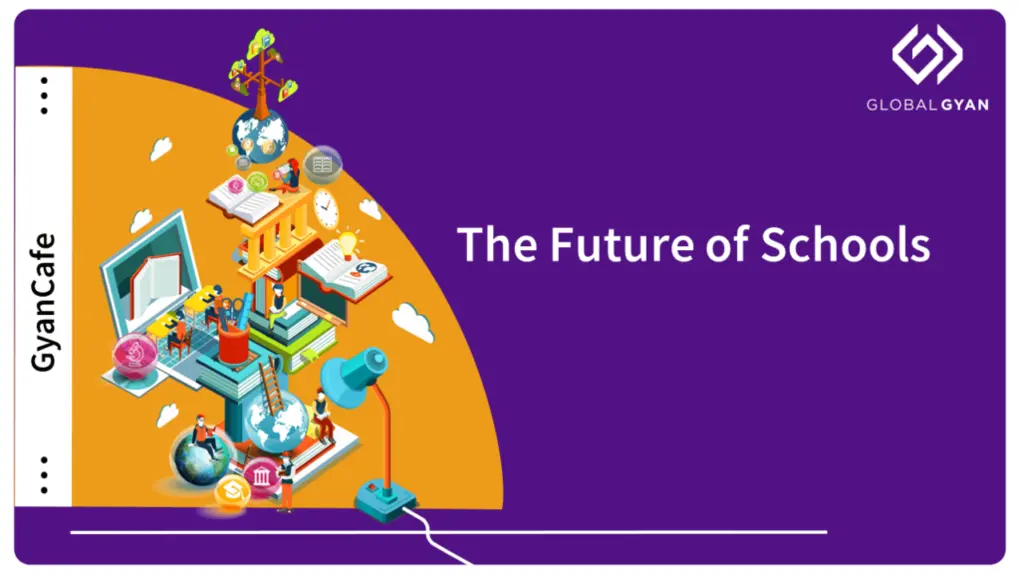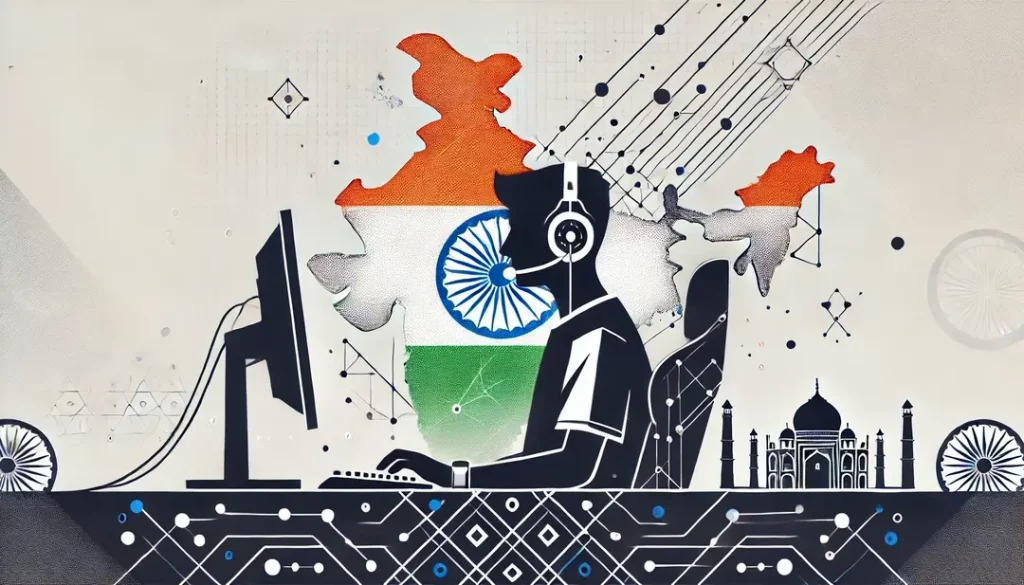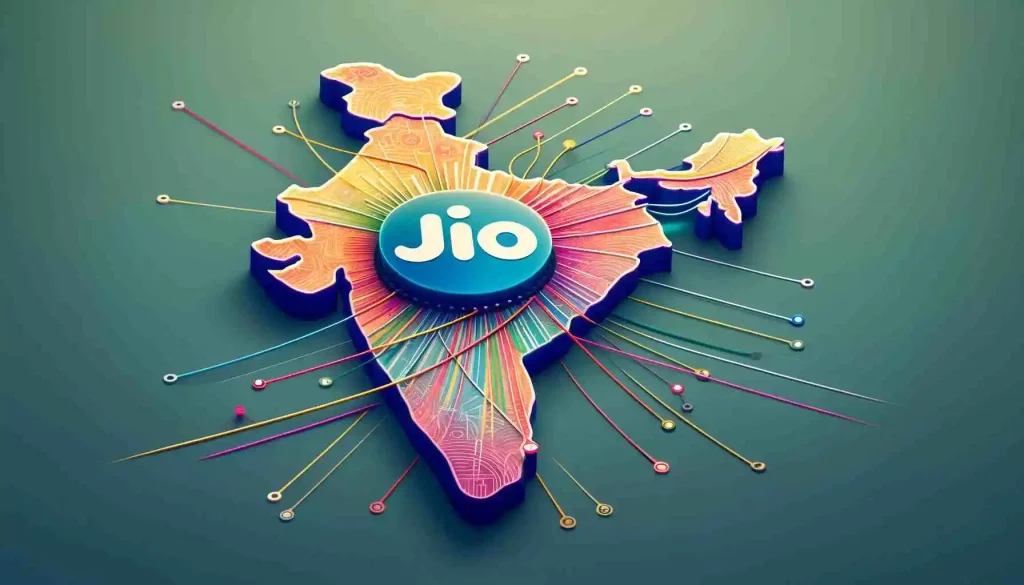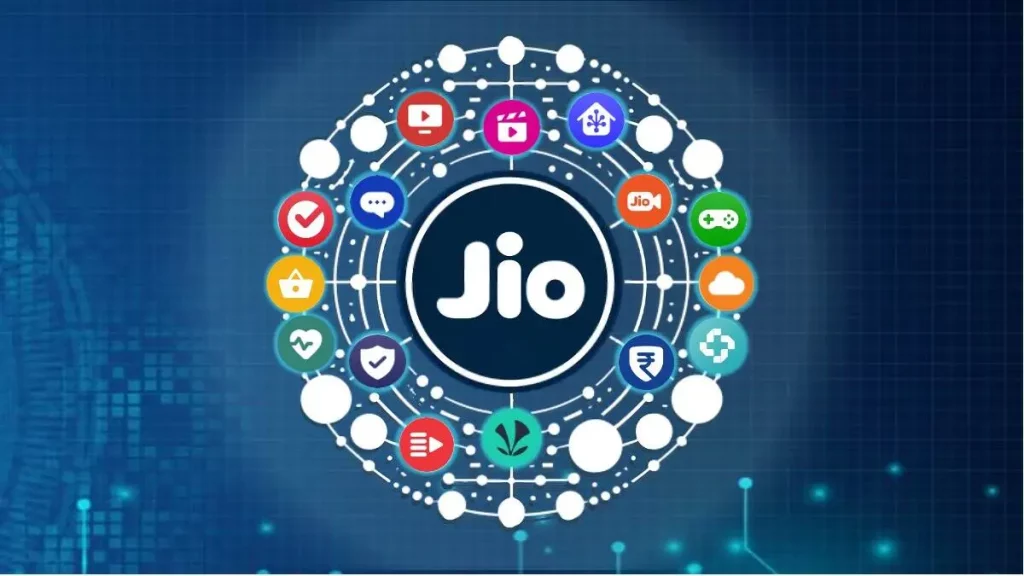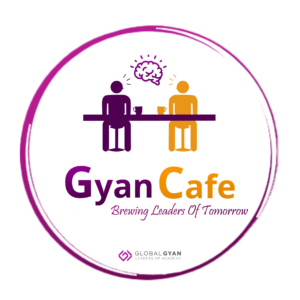The Way to Scale
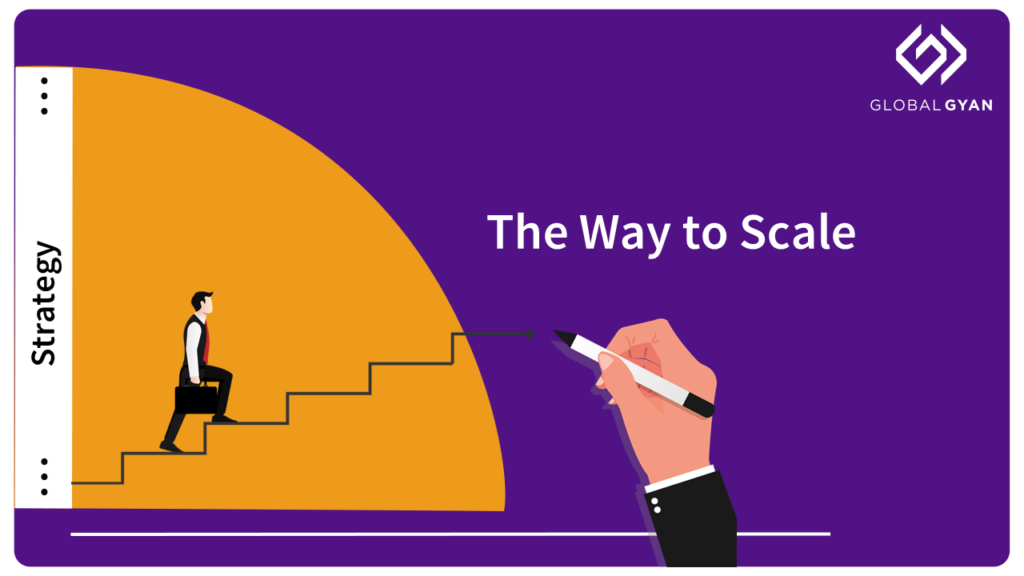
Every time you have a good idea, execute it well, you wonder – how do I scale this?
Can I roll it out across a large population/organization? Indeed, in today’s global world, we often think something is worthwhile only if you can scale it to global scale.
As a purveyor of something that really doesn’t scale very well, namely, my consulting services, I have often been troubled by this. But I have observed a couple of organizations that have done this well, and we could learn something from them:
The first is Vipassana, pioneered by Sri Goenka and now familiar to everyone across the globe. The second is an organization called GyanShala, which runs schools for children in the slums of India, at a scale unheard of previously. (Full disclosure: I am a trustee, and the organization is founded by my friend and colleague, Pankaj Jain).
The amazing thing about Vipassana is their ability to replicate the model all over the globe, and maintain it, with exquisite fidelity, even after Goenkaji has passed away. What is the secret, and what can we learn from these miracles of scaling? When I attended this course, I was struck by the fact that the volunteers who ‘ran’ the course actually did nothing – even the instruction to get up and take a break was given by a recording, in Goenkaji’s voice! All the volunteers did was make sure we were not wandering about outside. This is how it is done, I have since confirmed, at every Vipassana program all over the globe. Since the recording is infinitely replicable, the program itself is infinitely replicable! There is zero room for any form of local deviation at all!
It turns out, this is the secret to Gyanshala’s scalability too. The classes are run by young people who are comfortable in the slums, and with whom the kids in the slums are comfortable, and they absolutely follow a detailed, minute by minute schedule – what happens in the session is absolutely laid out for them to follow – and any variation can be created only when they go back for their repeated retraining sessions with the core faculty. The constraint – not having enough teachers willing to go to slums and teach, is neatly finessed by not giving them much of a role at all – the material to be taught, even how it is to be taught, is worked out at the level of the core faculty – the teachers are simply implementing the detailed execution plan.
Boring? No innovation? Yes, but try teaching in a slum in Bihar and see how much fun that is! If the constraint is lack of teachers, the way around it is not to train more teachers – you will never get enough, and they will not want to teach in slums – it is as simple as that.
The common thread is this – figure out the constraint to scaling – it is often the front-end person who interfaces with the public/customer – and see how you can replicate what they do, not replicate them, which is not possible.
But replicate what they do, through standardization, training, and technology. Redesign the delivery system so it does not require large numbers of sophisticated front-end people. Do without the constraint, in short. Bypass it, finesse it.
BPR (business process reengineering) is no longer fashionable nowadays, but the BPR movement did get one thing right – if you want to scale, do something you are doing well today, on a much larger scale, technology can help but you have to simplify first. Figure out what you are really trying to do, outside-in (not what your organization wants, but what the customer wants), and see how to deliver that as simply as possible. Then apply technology. ‘Obliterate, don’t simply automate’.. for instance, instead of automating the process of reconciling invoices with orders placed in a factory, ask why you need to reconcile at all – is it possible to have the data generated once, and never again, so there is not question of reconciling?
Michael Hammer reports that Ford Motor was able to manage enormous scale in its supply chain by simply not permitting its suppliers to deliver anything other than what was in the purchase order – only one source of truth – the purchase order.. if you cannot deliver exactly that, Ford simply didn’t accept the delivery! Sounds draconian, but, as everyone knows, reconciliation is the worst nightmare when scaling (GST reconciliation, anyone?)

